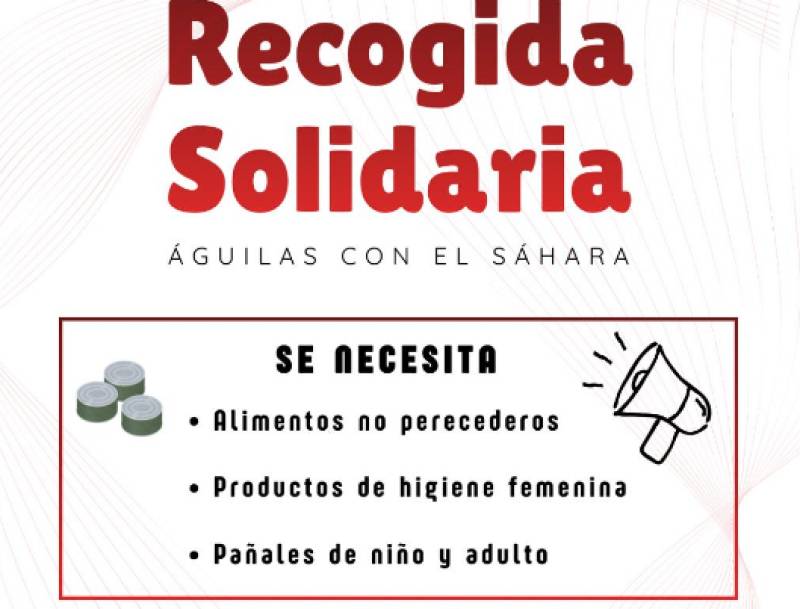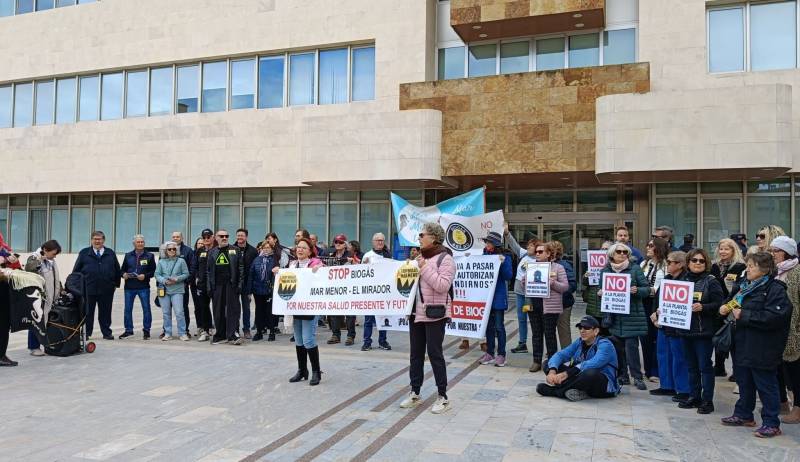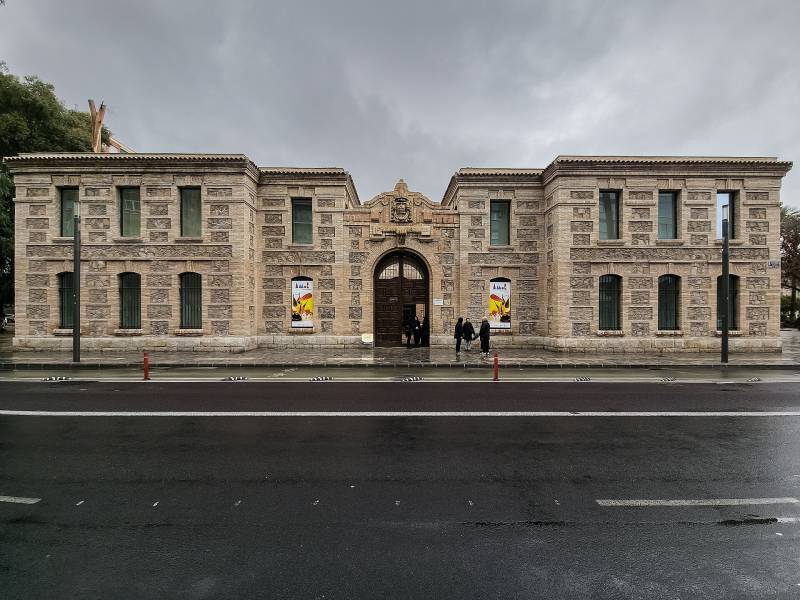

Guidelines for submitting articles to Los Alcazares Today
Hello, and thank you for choosing Los Alcazares.Today to publicise your organisation’s info or event.
Los Alcazares Today is a website set up by Murcia Today specifically for residents of the urbanisation in Southwest Murcia, providing news and information on what’s happening in the local area, which is the largest English-speaking expat area in the Region of Murcia.
When submitting text to be included on Los Alcazares Today, please abide by the following guidelines so we can upload your article as swiftly as possible:
Send an email to editor@spaintodayonline.com or contact@murciatoday.com
Attach the information in a Word Document or Google Doc
Include all relevant points, including:
Who is the organisation running the event?
Where is it happening?
When?
How much does it cost?
Is it necessary to book beforehand, or can people just show up on the day?
…but try not to exceed 300 words
Also attach a photo to illustrate your article, no more than 100kb

What is IBI property tax in Spain, how much is this council tax and do I have to pay it?
Understanding this charge could save you money and is important to consider when buying a house

IBI is one of the most important taxes in Spain and needs to be understood before investing in a property.
In Alicante province it is often known as “Suma” but this is actually the name of the agency set up by the provincial government to manage municipal taxes on behalf of town halls.
IBI stands for ‘Impuesto sobre Bienes Inmuebles’, which literally means “tax on immovable goods”, in that these assets are fixed to the ground, and refers to real estate, i.e. buildings, houses, blocks of flats, etc. This is as opposed to “muebles”, which are portable goods and principally refers to furniture.
You are liable to pay IBI on any such structure that you own in Spain, whether it is a house, a garage or a business, regardless of your nationality.
This tax is one of the main sources of income for local authorities, and it is charged once a year, based on the cadastral value of the property.
The cadastral value is determined by the General Directorate of Cadastre, a subdivision of the Ministry of Finance (Hacienda aka treasury), and the Property Cadastre (Catrastro) is an administrative register that describes rural, urban and special properties, including physical, economic and legal features, e.g. location, surface area, use, value and owner, amongst others.
This estimated value takes factors into consideration such as location, type of soil, age of the building and construction costs, but not how much it was purchased for or whether there is a mortgage on it.
Each local council applies a percentage to determine how much the owner of each property within their municipality will have to pay, which they can set within limits set by the ministry. As a result the amount charged for IBI can vary significantly from one place to another.
Other variables can also affect this percentage, for example whether the property is in an urban or rural area, is used for commercial or industrial purposes, or has particular characteristics.
It is important to consider IBI when buying or selling a house, firstly because the amount charged for ostensibly similar properties can vary by hundreds of euros per year from one municipality to the next.
The law also establishes that whoever owns a property on January 1 each year is liable to pay the IBI for that year, but this can be negotiated privately between both parties and it is not uncommon for them to formally agree that the cost be prorated (“prorateado”), i.e. split proportionally between them, usually based on the date when the buyer takes ownership.
And it is important to check the Catastro to ensure that the details it holds on a property are correct, as if the recorded surface area is larger than it really is, the year of construction is wrong or there are other errors, this could result in the tax being higher.
For rented properties, IBI is by default paid by the owner, unless it has been specifically agreed otherwise.
Some, but not all town halls apply certain discounts (bonificaciones) to the amount payable for IBI, for example large families (typically three or more children), subsidised housing or having renewable energy systems installed.
Discounts are also sometimes offered to renovate historical buildings or to promote construction of new housing.
Some buildings are exempt from IBI, such as those owned by public authorities (state, regional or local), official organisations, non-profit organisations or religious orders, or ones which have been listed as heritage.
If the amount of IBI due on a house is difficult to afford, there are often schemes in place to pay it in installments in return for a minimal charge in interest.
In contrast, some town halls offer discounts for paying by direct debit or paying early.
The legislation which establishes how IBI works is the Royal Decree 2/2004, the law regulating local treasuries.
“International team of experts in law and economy, to help you navigate your life in Spain safely.”
 LS Solicitors & Management Solutions is a law firm and management company based in the Region of Murcia, founded in 2005.
LS Solicitors & Management Solutions is a law firm and management company based in the Region of Murcia, founded in 2005.Contact details
- Telephone number: 0034 968 032 424
- Email: info@lssolicitors.es
- Website: www.lssolicitors.es
- Facebook page: www.facebook.com/lssolicitorsspain































